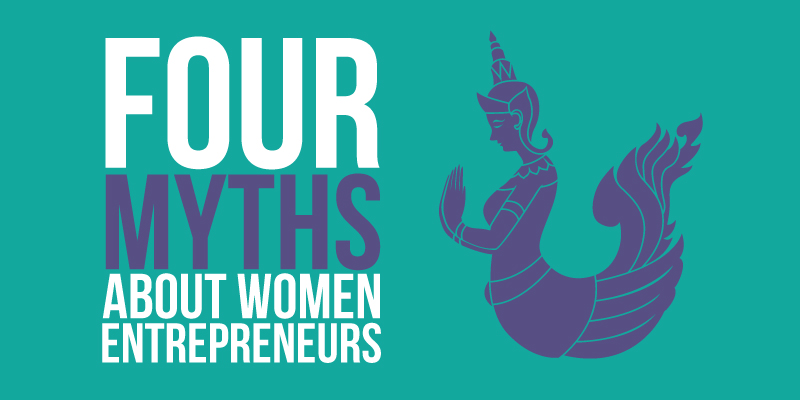qz.com - “You’re a girl, you’re young.” Those words have followed Boitshoko Masetla at every turn on her journey as an entrepreneur.
At first it was her family, especially her male relatives, who believed she would be better suited to training for a stable and nonthreatening desk job. Then it was the potential investors who preferred to invest in her male colleagues’ untested technology rather than her already established bakery.
The worst was a potential mentor at an entrepreneurship skills incubator who thought the best path for her business would be to buy her out and giver her a job in the marketing department of his established confectionery.
“That’s where I learned the world of entrepreneurship is for men,” said the 23-year-old, who raised seed capital by selling ice-lollies. Today she runs a bakery from her home in Pretoria, supplying five schools in her neighborhood and supplying everything from cupcakes to bread for local events.
Her business, Sakatola Trading, employs six people and she is the sole owner after her three partners abandoned the business in the early years for more stable jobs. The only people willing to invest in her was her mother and a lecturer who realized her potential in her entrepreneurship college class.
Want to receive earlybird invitations to our global events, custom-tailored content we think you'll love, and get exclusive access to "The World Women Report"?



















